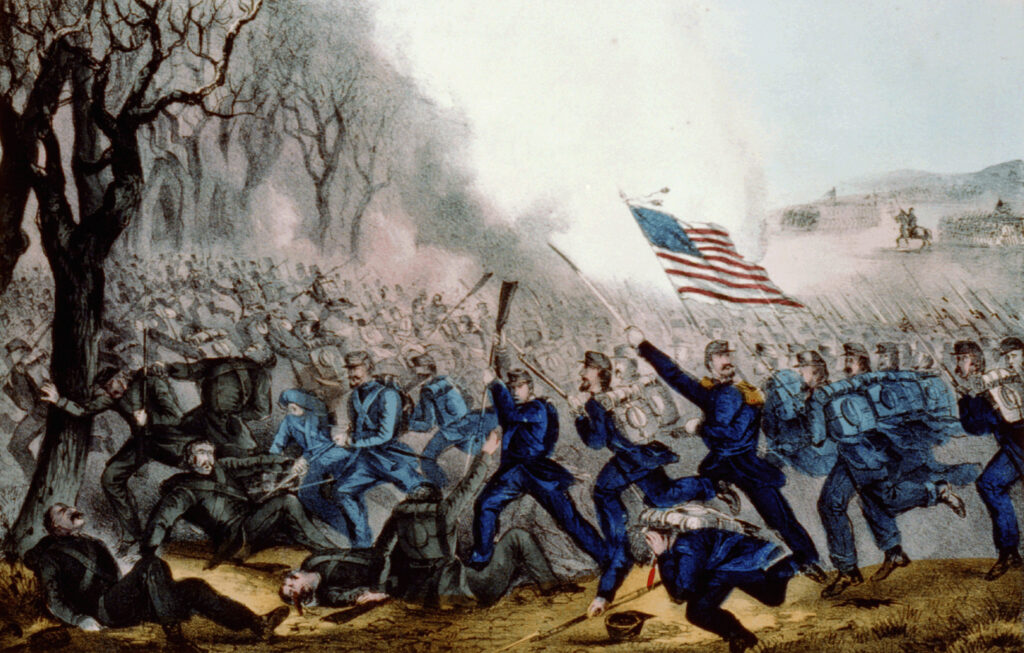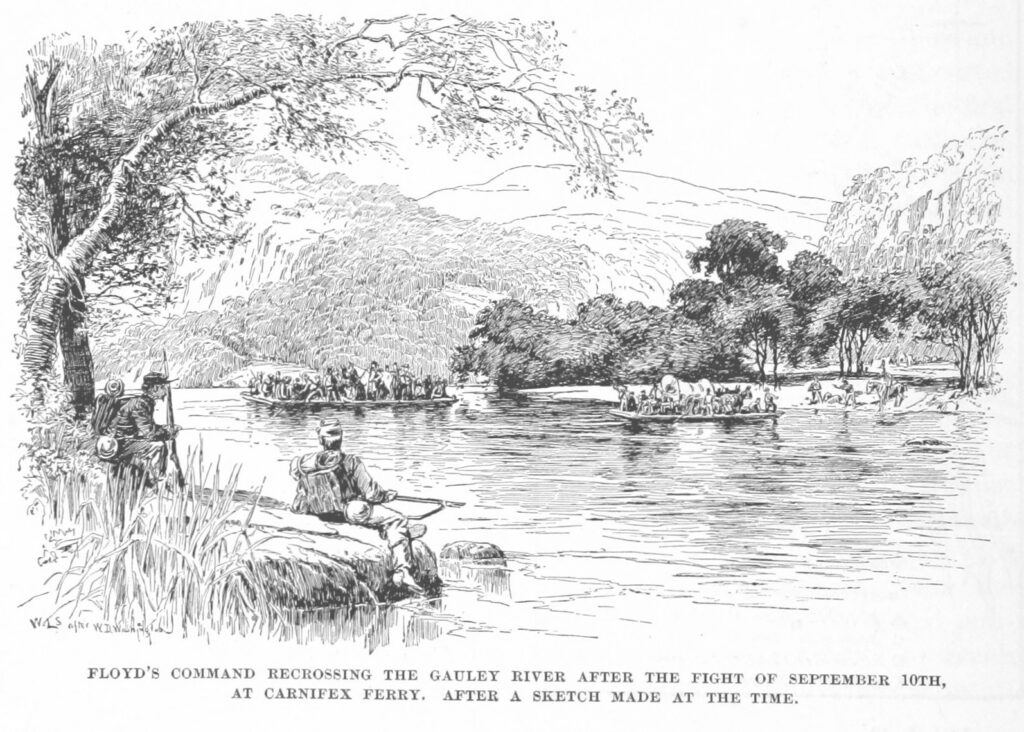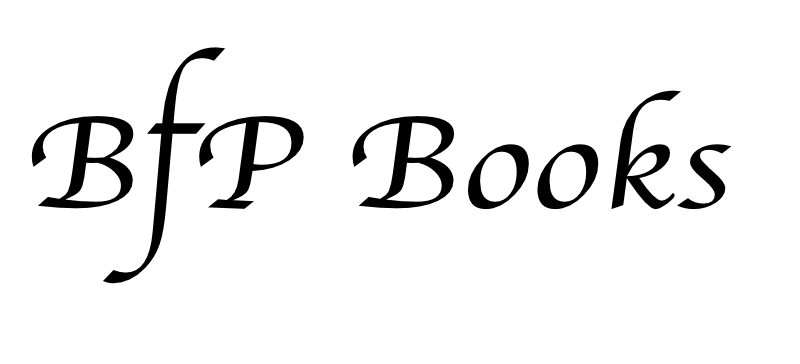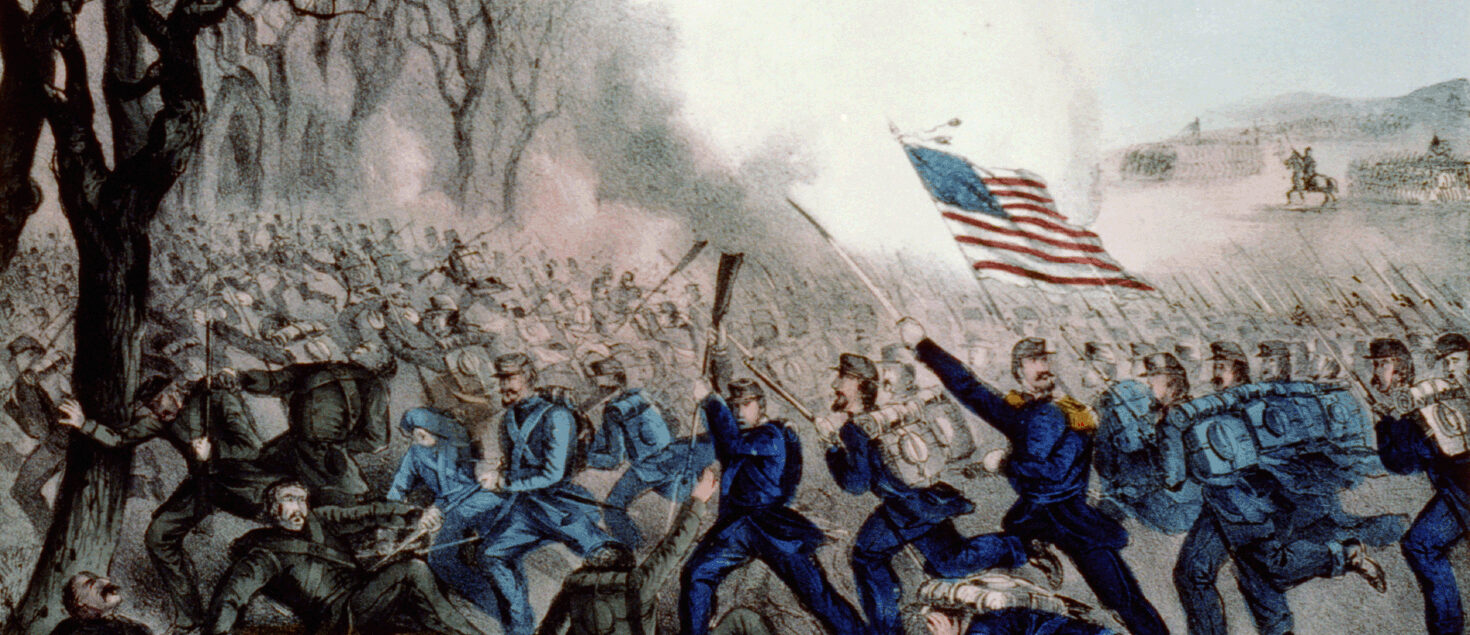Whose war is it anyway? The German soldier in the American Civil War

One of the wonderful aspects of translation is the variety of subjects that I am privileged to be given carte blanche to roam through. So I go blithely where this second-generation Irishman has never gone before, trying not to give away my delight, by maintaining proper behaviour at all times – as an English upbringing demands. Inside, behind my eyes – yes, that place does exist, despite popular family opinion – when left to my own devices in front of the laptop, I romp off, lollop (yes, lollop is a proper word and no, not many people use it but it is a gorgeously descriptive word) I lollop around worlds that existed without my knowledge, meet people who, had I been a contemporary, would have lopped off my head or bayonetted me. Or perhaps they would have put an arm around my shoulder and invited me to a cup of coffee to talk about the revolution, win me over to the cause. Wonderful. It accounts for the absent look on my face . . . Well, ok, so that look was remarked upon long before I began translating but it is a good excuse you must admit . . . Better than having to resort to “Oh, I was . . . just daydreaming”. Now I can say “I was having a rather serious conversation with General Grant, if you must know . . .” Has a much more unsettling ring to it does it not?
“German soldiers in the American Civil War”. This book was written towards the end of the 1800’s by a man who had fought in the war himself. I know something of that war. Not too much, I confess. We have enough civil wars of our own to be going on with over here in Europe, after all. I have the Irish Civil War and the English Civil War to consider for a start. Sometimes bits of them continue to break out in my family now and again. Heads are cudgeled and tears shed but generally the death toll is less than it used to be. Which is a good thing . . . I always realise afterwards. Thankfully, in Ireland we have no right to bear arms so we simply, well, bare arms . .
I know more now about the American Civil War, having translated this fierce little gnome of a book. The Germans in the Union Army were much vilified it seems because of an incident at Chancellorsville when they were caught unawares and ended up being driven back by the Confederates. Until then their fierce fighting for the Union cause had resulted in much admiration coming their way. But prejudice does not need much of spark to blow upon and raise up a conflagration.
There were German-American soldiers on the Confederate side, too. Nowhere near as many as on the Union side. After all, lack of personal freedom, and the tributaries that run from this condition such as disenfranchisement, was the reason that many immigrants to America left their homelands in Europe and elsewhere; to escape repression and being considered the property of another. They were seeking freedom in all its fallible glory.
In his descriptions of the American Civil War, the author, a German-American himself, has perhaps touched upon something that has been lost in this modern world. Respect. Respect and perhaps even love for the country of birth and the adopted country. A desire to see that country be the best it can be whilst granting others their freedoms, too.
This is an apt quote here:
“The person who denies his own ethnicity is simply treating himself with contempt and such a person does not deserve the respect of others. However, the person who respects himself and his race and comes to this country in order to be absorbed into the nature of the American people, also knows that his honour and the honour of his race can be best preserved when he is a loyal and humble citizen of this country.”
Sounds like a sentiment my mum and dad could have identified with when they came to England.
So, I am suddenly on the front line, eyeball to eyeball with the Union and Southern troops. Fearsome. Those beards look scary; the bayonets look vicious. Glad to have German troops around me. It is truly incredible that these German-born men were all volunteers. They could have stayed at home and waited to see who won. Instead, ethnic Germans were the largest immigrant grouping in the war.
As usual in war, there are reasons to be glum. Reasons to be filled with admiration. The author relates one incident:
“Courageous old Colonel Hecker of the 82nd Illinois Regiment ran up to the front with the regimental flag and in the middle of that terrible confusion, demanded with fiery words that his soldiers attack with bayonets. Soon afterwards he fell to earth from his horse seriously wounded, whilst around one hundred of his courageous soldiers remained on the battlefield.”
Suddenly the noise, the shouting and the dust subside and I am brought a mite closer to the man I never knew. I think about him, the old man lying injured on the ground, go to Wikipedia to find out what he looked like. There he is. Friedrich. All beard and earnestness as so many of the men were at that time. Perhaps we should bring the look back. Earnestness is needed nowadays instead of the grinning smugness that seems to have weaseled its creases onto the faces of public figures. The old colonel would probably have spat baccy and disdainfully told me to go and sweep the guard room floor. I would sill have respected his courage, though.
Colonel Friedrich Franz Karl Hecker, September 28, 1811 – March 24, 1881.
And the Germans fought hard so that others could also enjoy the new-found freedoms of which they themselves had taken advantage.
“It was the bayonet charge of the Ninth Ohio which turned the fortunes of that day (at Mill Springs), and largely contributed to making that battle the Confederate Bull Run of the West. It was the first notable victory of the three-year troops. Thereafter the bayonets of the Ninth were a deciding factor whenever its lines were formed in battle.”
So whilst I translate I have a history lesson thrown in for good measure. The ninth were an all-German regiment.
It is also interesting to read of racial prejudice in the northern states at such an early stage of the evolution of the USA, in a country whose founding fathers wanted the Americans to be fair to its immigrants. How convoluted the human mind is. Schizophrenic. Fighting against one prejudice and maintaining another. The incident at Chancellorsville was immediately blamed on the German soldiers by a biased press and they were even vilified anonymously by their own high command; wrongly, as it turned out.
And it is fascinating to ponder on this; did the Germans who escaped from the German monarchies in the German revolutions of 1848 and who fought for freedom in the American Civil War, affect attitudes in America in 1939 as WWII got under way almost 90 years later? Did the descendants of these Union soldiers become Nazi supporters when WWII broke out. There were open attempts to turn American opinion against joining the war, after all. That would be ironic.
“Like a circle in a spiral, Like a wheel within a wheel.”
That’s war for you.
That’s history . . .

Images from Wikipedia.

